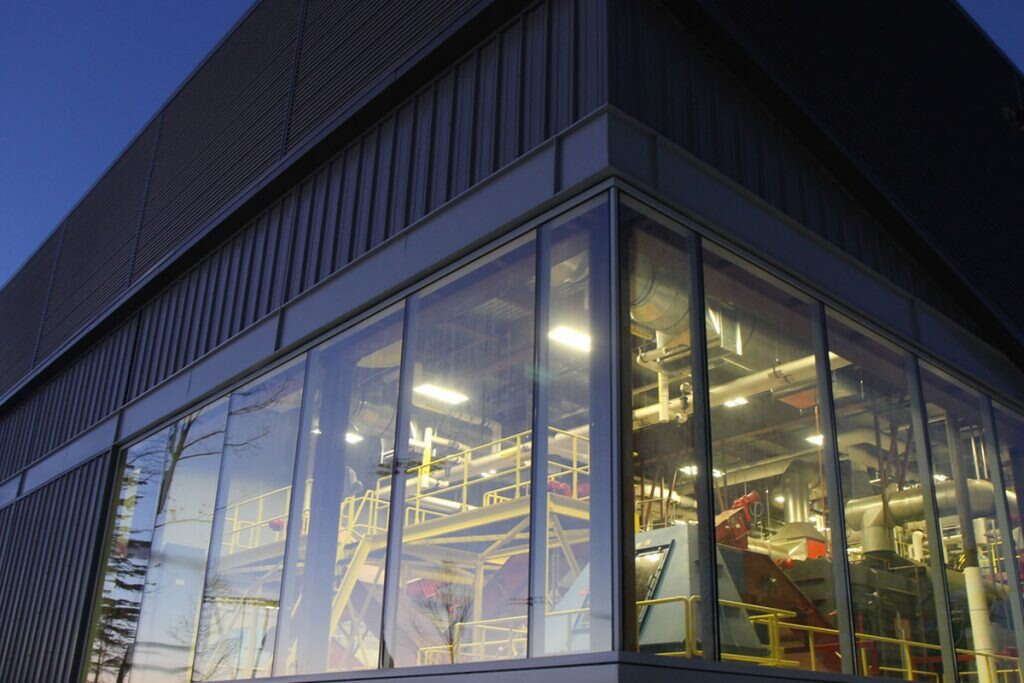
Processing Your Payment
Please do not leave this page until complete. This can take a few moments.
- News
-
Editions
-
- Lists
-
Viewpoints
-
Our Events
-
Event Info
- Women's Leadership Forum 2025
- On the Road with Mainebiz in Bethel
- Health Care Forum 2025
- On The Road with Mainebiz in Greenville
- On The Road with Mainebiz in Waterville
- Small Business Forum 2025
- Outstanding Women in Business Reception 2025
- On The Road with Mainebiz in Bath
- 60 Ideas in 60 Minutes Portland 2025
- 40 Under 40 Awards Reception 2025
- On The Road with Mainebiz in Lewiston / Auburn
- 60 Ideas in 60 Minutes Bangor 2025
Award Honorees
- 2025 Business Leaders of the Year
- 2024 Women to Watch Honorees
- 2024 Business Leaders of the Year
- 2023 NextUp: 40 Under 40 Honorees
- 2023 Women to Watch Honorees
- 2023 Business Leaders of the Year
- 2022 NextUp: 40 Under 40 Honorees
- 2022 Women to Watch Honorees
- 2022 Business Leaders of the Year
-
-
Calendar
-
Biz Marketplace
- News
-
Editions
View Digital Editions
Biweekly Issues
- April 21, 2025 Edition
- April 7, 2025
- March 24, 2025
- March 10, 2025
- Feb. 24, 2025
- Feb. 10, 2025
- + More
Special Editions
- Lists
- Viewpoints
-
Our Events
Event Info
- View all Events
- Women's Leadership Forum 2025
- On the Road with Mainebiz in Bethel
- Health Care Forum 2025
- On The Road with Mainebiz in Greenville
- On The Road with Mainebiz in Waterville
- + More
Award Honorees
- 2025 Business Leaders of the Year
- 2024 Women to Watch Honorees
- 2024 Business Leaders of the Year
- 2023 NextUp: 40 Under 40 Honorees
- 2023 Women to Watch Honorees
- 2023 Business Leaders of the Year
- + More
- 2022 NextUp: 40 Under 40 Honorees
- 2022 Women to Watch Honorees
- 2022 Business Leaders of the Year
- Nomination Forms
- Calendar
- Biz Marketplace
College of the Atlantic, Colby snag top two spots on ‘green colleges’ list
 Courtesy / College of the Atlantic
College of the Atlantic’s green strategies include construction of a 12,000-square-foot dormitory designed to passive house principles,
Courtesy / College of the Atlantic
College of the Atlantic’s green strategies include construction of a 12,000-square-foot dormitory designed to passive house principles,
For the eighth year in a row, College of the Atlantic in Bar Harbor ranked No. 1 nationally in the Princeton Review's “Guide to Green Colleges.”
Colby College in Waterville snagged the No. 2 spot, up from No. 15 last year.
The annual guide is an online resource published since 2010 for college applicants wanting to attend schools that foster a culture of environmental responsibility.
Based primarily on surveys and analyses at 683 colleges in 2022–23, the list includes 522 schools selected for programs, policies and practices related to sustainability and the environment.
Human ecology
College of the Atlantic was cited for distinctions including its exclusive focus on the field of human ecology.
The college defines human ecology as “the study of the relations between humans and their natural, cultural, built and technological environments.”
The school became the first carbon-neutral college in the U.S. in 2007, and has committed to becoming fossil fuel–free by 2030. College of the Atlantic also placed No. 1 in the Princeton Review’s “Green Matters: Everyone Cares About Conservation,” a student survey that rates administration and student support for environmental awareness and conservation efforts.
Actions to reduce its footprint as part of a long-term strategy include construction underway of a 12,000-square-foot dormitory designed to passive house principles, featuring airtight construction, a high-efficiency envelope, heat-recovery ventilation, mass-timber construction, wood-fiber insulation and a rooftop solar array.
The college completed construction of a 30,000-square-foot academic center that employs similar principles. Other initiatives include phasing out single-use plastics; reducing, recycling and composting waste; transitioning to renewable sources; sourcing food sustainably; and using nontoxic cleaning products.
Founded in 1969, College of the Atlantic has a full-time enrollment of 366 students and awards bachelor’s and master’s degrees solely in the field of human ecology. The college is part of Sustainable MDI, a group of area businesses working together on similar measures.
Colby
Colby College rose from No. 15 last year to No. 2 on the green colleges list
It was cited as a carbon-neutral college whose campus has 16 LEED (Leadership in Energy and Environmental Design)-certified buildings and spaces to date and more planned.
In 2013, Colby also became one of the first colleges in the country to achieve net reduction of carbon emissions and has implemented sustainability programs on campus and several innovative environmental initiatives.

The college uses a mix of renewable energy sources and purchases carbon offsets in order to achieve net carbon neutrality, and continues to look for new ways to reduce its overall carbon footprint. In 2017, a 5,300-panel solar installation on the campus began producing 15% of Colby’s electricity needs.
Colby also has an environmental advisory group, formed in 2000, to advise the president and college community on issues related to the environmental stewardship of the campus and region; and to raise awareness about ongoing environmental initiatives, promote environmental consciousness and address environmental concerns.
Founded in 1813, Colby has a full-time enrollment of 2,299 full-time students.
‘Dramatic’ growth in sustainability
"With increasing concern about climate change, particularly among younger people who will be most affected by its long-term impact, we are seeing increasing interest among college applicants in attending green colleges” said Rob Franek, the review’s editor-in-chief.
Since the guide debuted 14 years ago, there’s been “dramatic growth in the number of colleges committing to sustainability-related practices — from sourcing food from local purveyors to constructing LEED- certified buildings to making fossil fuel-free commitments,” Franek said.
Of the 522 schools selected, 474 are in the U.S., 30 are in Canada, four are in Ireland, three are in United Arab Emirates, two (each) are in Australia and Mexico, and one (each) is in Azerbaijan, Brazil, Colombia, Ecuador, Egypt, Greece, Morocco, Philippines and Taiwan.
As a group, the schools share a number of statistics with respect to their commitments to sustainability.
Among the top 50 schools overall:
- 28% of their energy comes from clean and renewable sources
- 46% of their waste is diverted from incinerators or solid-waste landfills
- 100% offer a sustainability-focused undergraduate major or degree
- 100% have a sustainability officer
The Princeton Review is a tutoring, test prep and college admissions services company founded in 1981 and based in New York City.














0 Comments